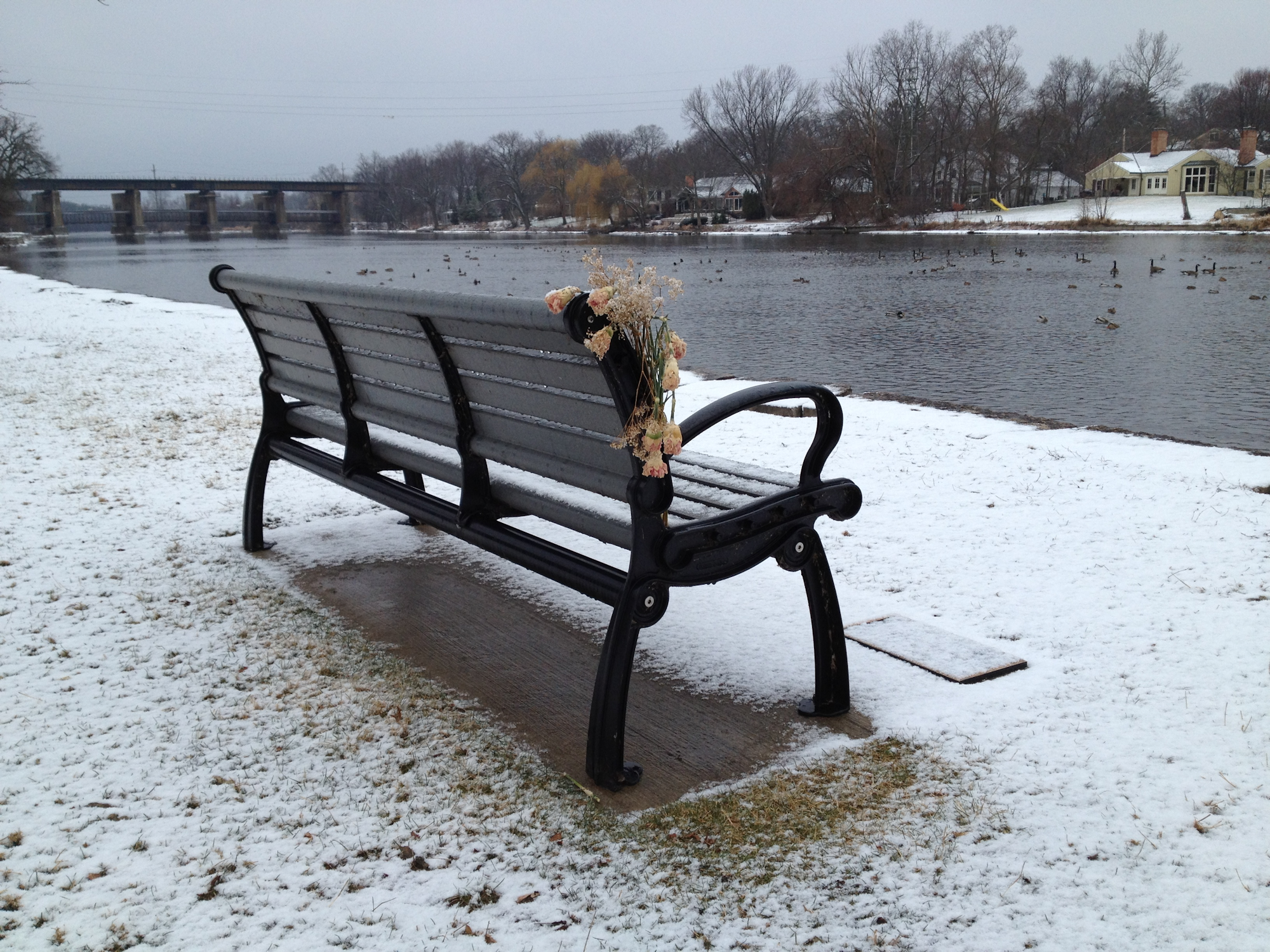
Yesterday my husband and I attended the opening day of the 2008 annual APWA Congress, held this year in New Orleans. APWA always schedules outstanding speakers for their general sessions, and yesterday was no exception. Benjamin S. Carson, MD, a pediatric neurosurgeon, gave an inspiring talk about taking risk and how it affects our lives. One of his remarks hit home with me. He told us how at one pivotal point in his academic career when things were a little tough, a counselor tried to talk him out of going into medicine. Of course, Mr. Carson did not take his advice and went on to become an outstanding doctor.
How many times did someone try to give me bad advice about choices in my life? The first time was early in my engineering career when I had gotten an Associate degree and was looking for work as a civil engineering technician. An older and well-respected engineer in my community met with me and seriously told me that civil engineering was a dying field. If I really wanted to stay in the engineering field, I should switch to petroleum engineering – that was where the future was for engineers. Wow, good thing I didn’t listen to him.
The next time I received more advice like this it came from closer to home – from my mother. I was only a year away from graduating with a Bachelor’s degree in civil engineering, and I happen at that time to be facing a few challenges in my life – personally and financially. Her advice: quit school and give up your dream of being an engineer. Find some nice young man and settle down. That close to achieving my degree, there was no way I could actually take her seriously no matter how upset she was that I did not follow her advice.
The last time someone tried to talk me out of doing something, I did take their advice, eventually realized how wrong they were, and finally decided once and for all to politely listen to people who try to talk me out of things and then do my own assessment of the situation and follow only that. Fortunately that time only involved a sales clerk who talked me out of creating a tiled shower – he said it couldn’t be done, and at the time I was too young and inexperienced in building to realize that tiled showers are created every day. So at least I only missed out on a tiled shower and not a career opportunity.
But I started to wonder, how many other people are talked out of following and achieving their goals by others who give them poor advice or try to discourage them from facing up to adversity and following through. And why do people do this? People question why the United States seems to be losing ground with education and achievement, and yet it seems we are our own worst enemies.
The final speaker I listened to yesterday was Carole Copeland Thomas. She focused on helping others do well and empowering ourselves and our colleagues to achieve goals. So I thought is was interesting how I went from hearing the problem in the morning to focusing on the solution in the afternoon. (To Dr. Carson’s credit, he and his wife are also working to overcome our nation’s slide into oblivion by running the Carson Scholars, a foundation that recognizes achievement in young people.)
I was also able to speak with several exhibitors and collect information about fuel management systems and stormwater components – two of the primary purchases I am focusing on at the moment. And finally the day ended in true New Orleans style with a Mardi Gras type parade from the convention center to the aquarium where we were treated to traditional New Orleans cuisine.

